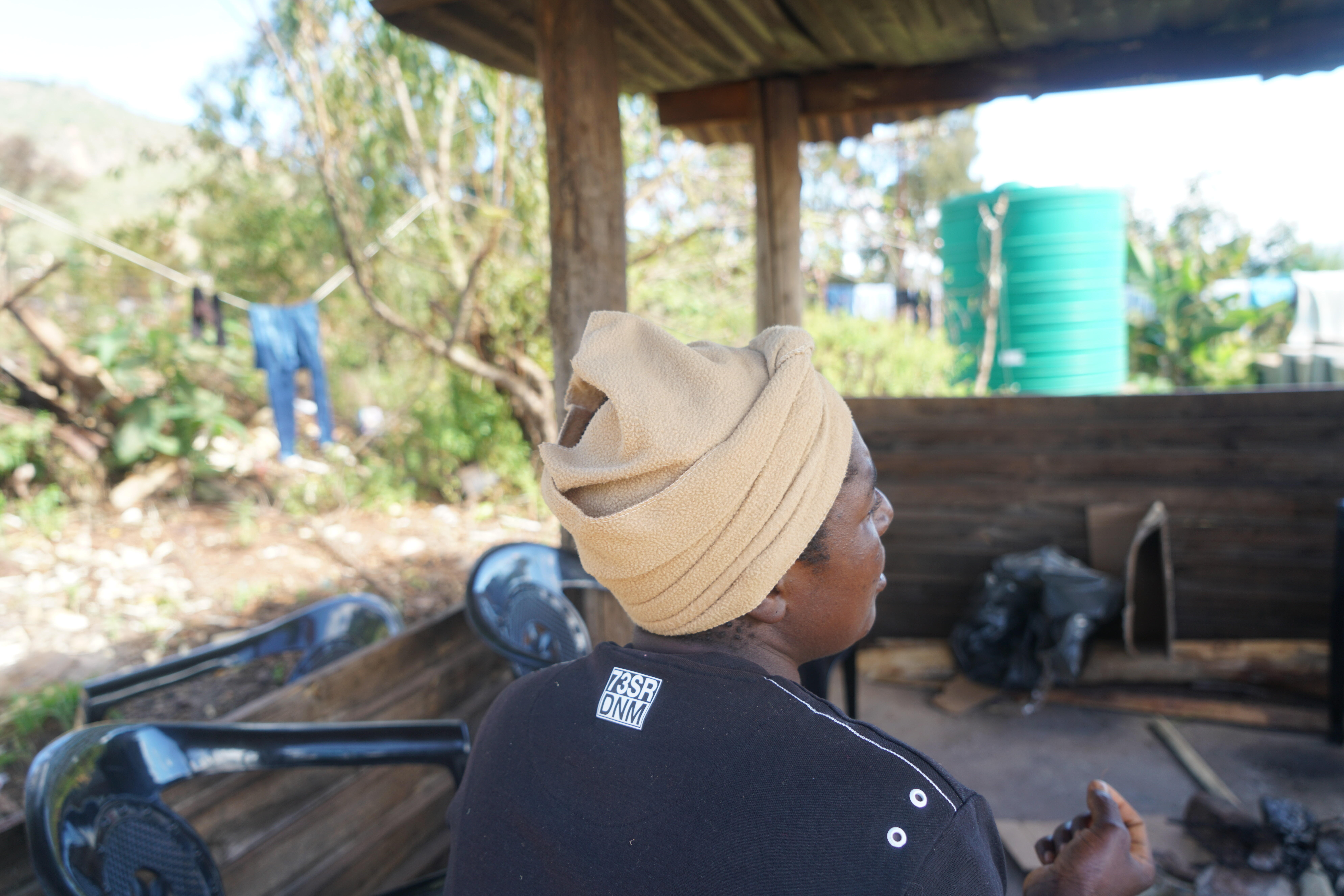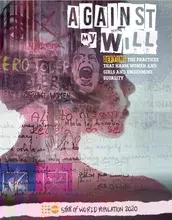GBV in mining communities
According to a 2016 – 2019 Centre for Natural Resource Governance research in selected geographical mining areas in Zimbabwe, women living in the country’s mining areas are a constant target of Gender Based Violence (GBV) largely compounded by the living conditions. According to the research, women and girls in most mining areas do not have access to basic social services such as water and affordable health care, this exposes them to GBV as they seek alternatives to access these services.
In these communities, child marriages and unwanted pregnancies have become prevalent. According to Raymond Katsamba, Zimbabwe AIDS Prevention and Support Organisation (ZAPSO) Programme Officer in Mt Darwin District, mining communities are often crowded spaces and associated with drug abuse which leaves women and girls at high risk of GBV.
“In mining communities there are also some cultural practices that expose women and girls to GBV. In this economic situation, most of the mines have scaled down while some have closed down leading to poverty for most families. This creates a burden on women and girls as they seek alternative survival tactics leaving them exposed to abuse at the hands of those who have the means to take care of them financially,” says Raymond.
ZAPSO has also been implementing programmes in mining areas with support from UNFPA under the European Union funded Spotlight Initiative. Raymond says in small scale mining areas, ZAPSO has been collaborating with other anti-GBV partners who have been coming through to provide services.
“In communities like Mbungo and Mukarati in Mt Darwin, we have peer educators whose role is to conduct community surveillance and provide education to the communities. Community and mining sector leaders have also been trained to enable them to identify GBV needs in which we can intervene. We are also collaborating with the Victim Friendly Unit, Ministry of Health and Child Care, Social Welfare department who are helping as we provide GBV services as a team.”
GBV in traditional communities
In certain districts in Zimbabwe traditional leaders still encourage their people to conform to traditional practices, rituals and attitudes which, however perpetuate the discrimination of women and girls thereby exposing them to GBV. Moses Nyamasoka of Family AIDS Caring Trust Zimbabwe (FACT) admits that some traditional practices fuel sexual GBV through practices like ‘kugara nhaka,’ when a woman is inherited by her late husband’s family member who becomes her ‘new husband’.
“As FACT we have been engaging community and traditional leaders to ensure they spearhead the eradication of harmful traditional practices and norms against women and girls. We are implementing these programmes in Manicaland and Mashonaland West.
GBV in religious communities
Religion has been thinly veiled in attacking women and girls. In certain churches like the apostolic sects, in particular the Johanne Marange, normally practiced in Manicaland, east of Zimbabwe, there have been reports of exploitation and abuse of women and girls. In these churches, women and girls are forbidden from marrying men and boys from other churches while marriages with non- members of the church is referred to as unholy union and anyone who decides to marry outside the church is expelled from the church. The girls and women are not allowed by the doctrine of the the Johanne Marange to decide whom to marry, it is the practice of church to involve the parents of the woman to decide for her together with the in-laws the type of a husband for her.Elders in the Johanne Marange church encourage polygamous marriages, including marriage arrangements for young girls, some as young as 12 years.
Walter Chikanya, Zimbabwe Community Health Intervention Research (ZICHIRE) Programmes Director says religion plays a big role in Zimbabwe’s society. According to the 2017 Inter Censal Demography Survey by the Zimbabwe National Statistics Agency, 84.1 percent follow one of the denominations of Christianity.ZICHIRE has been working in these religious communities to raise awareness on GBV prevention and survivor support under the Spotlight Initiative.
“We have been training our leaders in advocacy, creating an enabling environment and making sure that the communities can accept the programmes that we are implementing in these areas. We have noticed however that some of the policies that the churches are using exacerbate GBV – the limited participation of decision making by women, in some churches women and girls are denied access to health services such as family planning. Some church elders use power to sexually abuse, women and girls under the guise of having been told by the Holy Spirit.” says Walter.
To respond to GBV in religious communities, ZICHIRE is engaging religious and community leaders in dialogues and there have registered a positive response.
“Attitudes and behaviours are beginning to change – some women are now refusing to be inherited by family members when their husbands die and there has been an increase in women seeking antenatal health services in the communities of Marange although this is being done secretly and not being revealed in church,” Walter says.
Madzibaba Makuwaza, an elder of the Johanne Marange apostolic sect, from Nyanga in Manicaland says he became a Case Care Worker (CCW) after learning about the effects of GBV on the lives of women and girls. Makuwaza says despite being a faith healer, he has started referring women and girls to registered health facilities for skilled health care services
“I am a member of the Johanne Marange church but having attended GBV workshops and trainings, I have realized how much the church has been abusing women and young girls. My attitude towards women and girls has changed and I am making efforts to share these ideas with other men in the church. I am keeping my daughters in school and not raising them to be child brides – being a CCW I am reporting families marrying off young girls to the police,” says Madzibaba Makuwaza.
UNFPA is supporting FACT, ZICHIRE and ZAPSO to respond to the GBV various needs under the Spotlight Initiative which is a global, multi-year partnership between European Union and United Nations to eliminate all forms of violence against women and girls by 2030. In Africa, Zimbabwe is one of the eight country beneficiaries.



